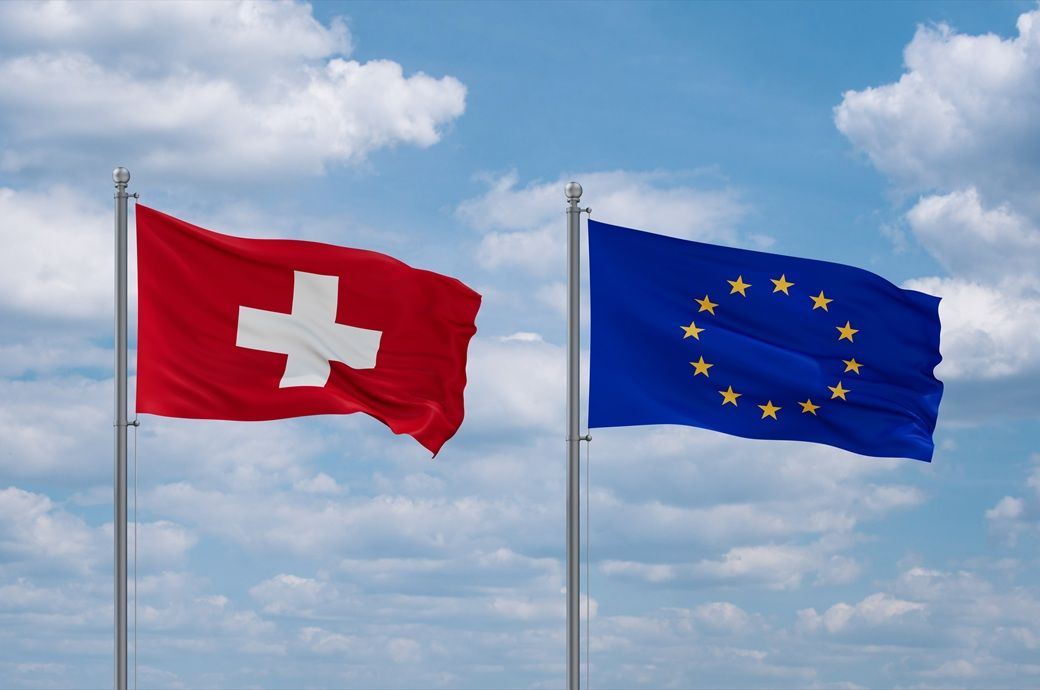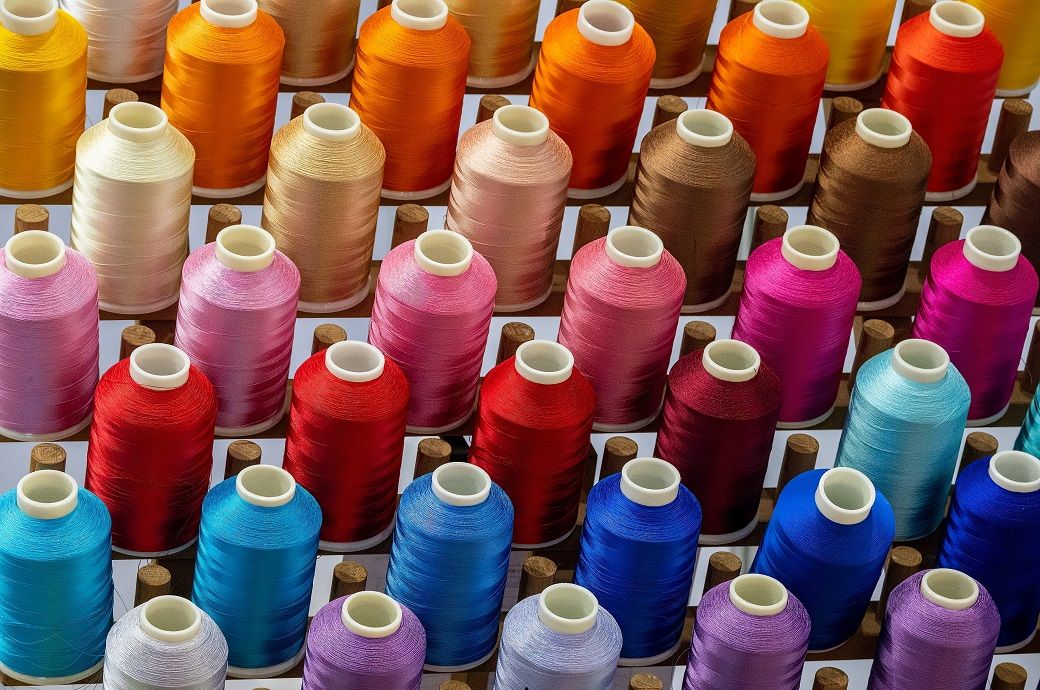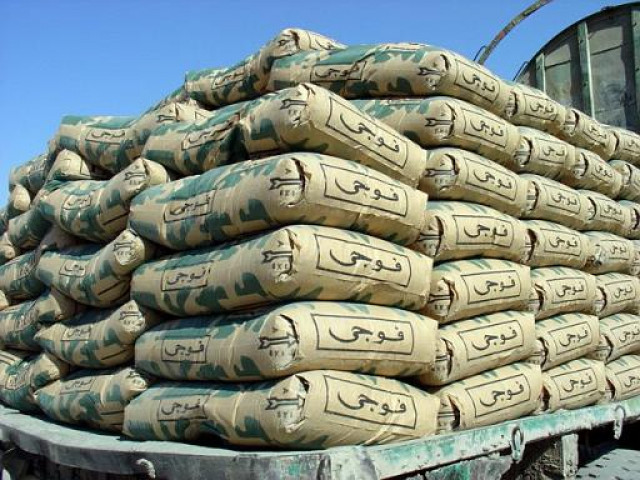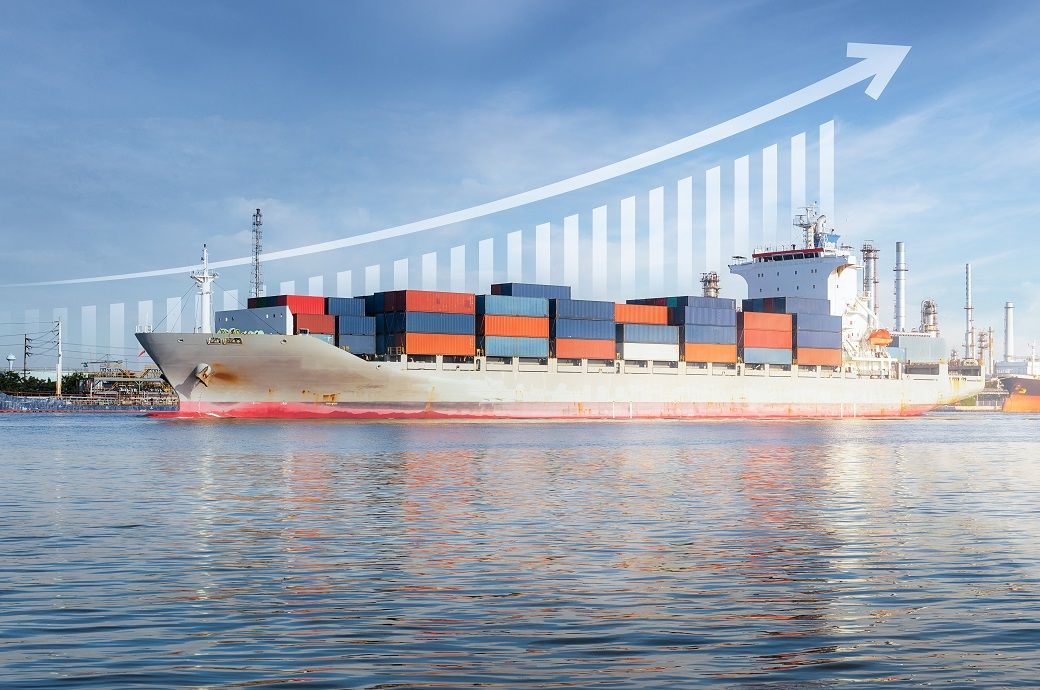Fashion
Investment group Carlyle takes control of Very Group from Barclay family

Published
November 10, 2025
The Very Group is under new ownership. The former Shop Direct, which owns Very and the legacy Littlewoods e-tail businesses, is now controlled by its major lender, global investment firm Carlyle. Another lender, Abu Dhabi-based media group IMI, is continuing as “a key stakeholder”.
The company said it’s “a positive outcome for The Very Group, providing it with a strengthened capital base and enhanced financial flexibility to support investment in its long-term growth plans”.
It also “underscores Carlyle and IMI’s confidence in The Very Group, its management team, leading brand position, strategy and long-term growth potential, having supported the business since 2021”.
Carlyle and IMI will now “support the company’s management team to continue to deliver against its strategic priorities, including driving innovation and leveraging technology and data to improve its customer offering”.
It means the former owners, the Barclay family, will no longer have any involvement in the business after controlling it for over 20 years. It’s been in control during the period in which Very Group morphed from a traditional catalogue-based retailer to one of the UK’s biggest online business.
Very Group, which is chaired by Nadhim Zahawi, the former Conservative Chancellor, has annual revenues of over £2 billion and it serves 4.4 million customers.
The Barclay family had tried to sell the business before and while no information was given about the value of the latest transaction, one report speculated on a valuation of around £2.5 billion, which is less than the Barclays had previously hoped for.
The family has lost control of a number of its businesses in recent periods after struggling to pay off major loans. Carlyle and IMI first became involved with Very earlier this decade as they lent major sums to the group.
But Very itself is believed to be in good financial shape. Last month it reported results for the year to June and while they included a pre-tax loss of £505.4 million, that was caused by a write-down of an inter-company loan made to the Barclay family’s holding company as lenders prepared to take over the business.
Other figures were more positive with an increase in adjusted earnings before interest, taxes, depreciation and amortisation of 15.9% to £307.1 million and an adjusted EBITDA margin that rose to 14.7% from 12.5%. That was the highest earnings margin it has ever achieved. While revenue dipped slightly, its focus on more profitable sales was what boosted the margin.
On Monday, Very CEO Robbie Feather said the new ownership deal “marks an important milestone for The Very Group as we move into an exciting new phase of growth. We are delighted to continue to partner with Carlyle and IMI. Their continued backing provides us with a stronger foundation to execute on our strategy, increase investment in technology and the customer experience, and to build on the momentum across the business”.
Copyright © 2025 FashionNetwork.com All rights reserved.
Fashion
European Commission, Switzerland sign broad package of agreements

The package establishes a modern framework for both sides, enabling frictionless access to a market of 460 million consumers in key sectors, delivering economic benefits to both parties.
European Commission President Ursula von der Leyen and Swiss President Guy Parmelin yesterday signed a broad package of agreements aimed at deepening and expanding EU-Switzerland ties.
By aligning standards and rules in closely integrated areas, it will provide legal certainty, simplify trade in goods like medical devices and food products, and ease cross-border supply for businesses on both sides.
By aligning standards and rules in closely integrated areas, it will provide legal certainty, simplify trade in goods like medical devices and food products, and ease cross-border supply for businesses on both sides of the border.
Additionally, it will ensure more consistent rules for individuals who live, work or study across the EU-Swiss border. Switzerland will contribute to the development of legislation in the areas covered by the package and will have the opportunity to influence these rules as they are being designed.
“By modernising and deepening our ties across key sectors, from trade and transport to health and energy—we are strengthening legal certainty, fostering innovation and creating new opportunities for our citizens and businesses,” von der Leyen said in a release from the Commission.
The package includes updates to four already existing agreements, which already give Switzerland access to the EU internal market, regarding air transport, land transport, the free movement of persons and mutual recognition of conformity assessment.
New agreements on food safety, electricity, health and Switzerland’s participation in the EU Agency for the Space Programme were signed. A new agreement introduced a permanent and fair financial contribution by Switzerland to economic and social cohesion within the EU.
Apart from a protocol on parliamentary cooperation, the package includes also a joint declaration on the establishment of a high-level dialogue on the broad bilateral package.
Fibre2Fashion News Desk (DS)
Fashion
Iran conflict sends apparel freight rates soaring on US & EU routes
Fashion
Polyester filament prices jump in India as crude spikes

Following earlier increases in purified terephthalic acid (PTA), melt and PSF, Indian producers have now raised PFY prices. POY, FDY and PTY prices have been increased by ****;* per kg across all deniers and lustres with effect from March *, reflecting rapid cost pass-through amid heightened volatility in crude-linked value chains, according to the market sources.
In the previous weekly revision effective February **, ****, PTA was increased by ****;*.** per kg to ****;**.** per kg, while monoethylene glycol (MEG) was retained at ****;**.** per kg. Polyester melt prices were raised by ****;*.** per kg to ****;**.** per kg. Downstream PSF prices were also revised upward by ****;*.** per kg from March *.
-

 Business1 week ago
Business1 week agoHouseholds set for lower energy bills amid price cap shake-up
-

 Politics6 days ago
Politics6 days agoWhat are Iran’s ballistic missile capabilities?
-

 Politics6 days ago
Politics6 days agoUS arrests ex-Air Force pilot for ‘training’ Chinese military
-

 Business6 days ago
Business6 days agoAttock Cement’s acquisition approved | The Express Tribune
-

 Fashion6 days ago
Fashion6 days agoPolicy easing drives Argentina’s garment import surge in 2025
-

 Sports1 week ago
Sports1 week agoTop 50 USMNT players of 2026, ranked by club form: USMNT Player Performance Index returns
-

 Sports6 days ago
Sports6 days agoSri Lanka’s Shanaka says constant criticism has affected players’ mental health
-

 Business1 week ago
Business1 week agoLucid widely misses earnings expectations, forecasts continued EV growth in 2026

















